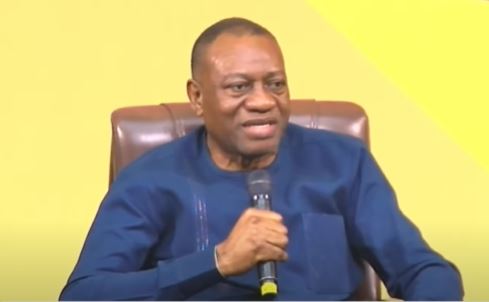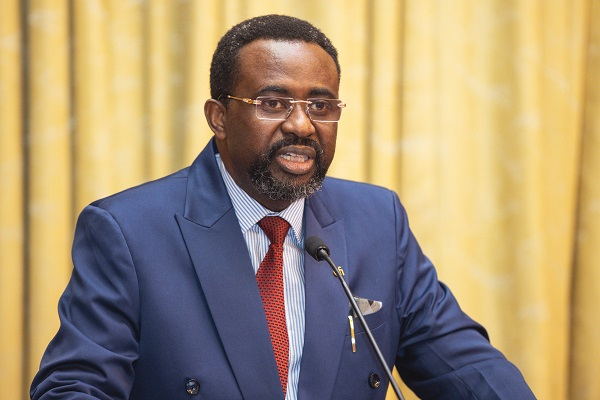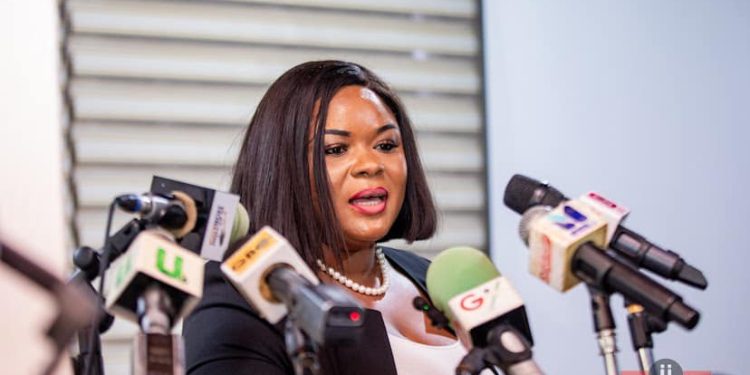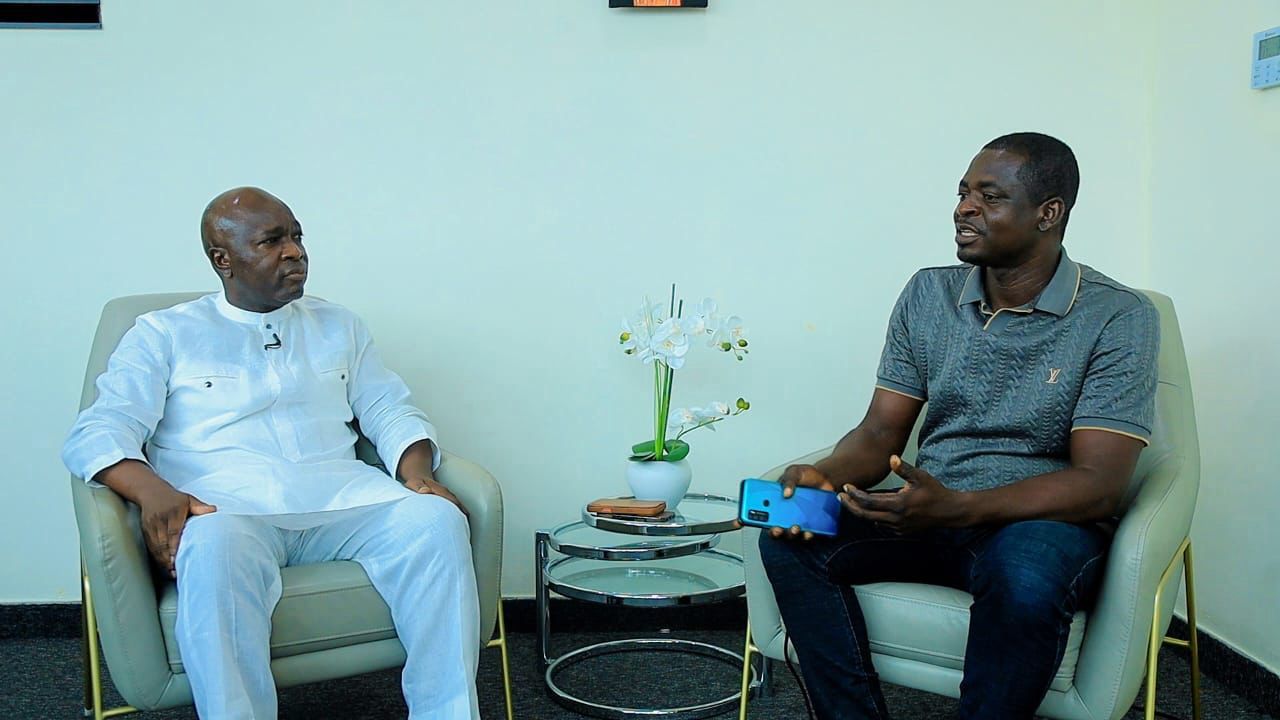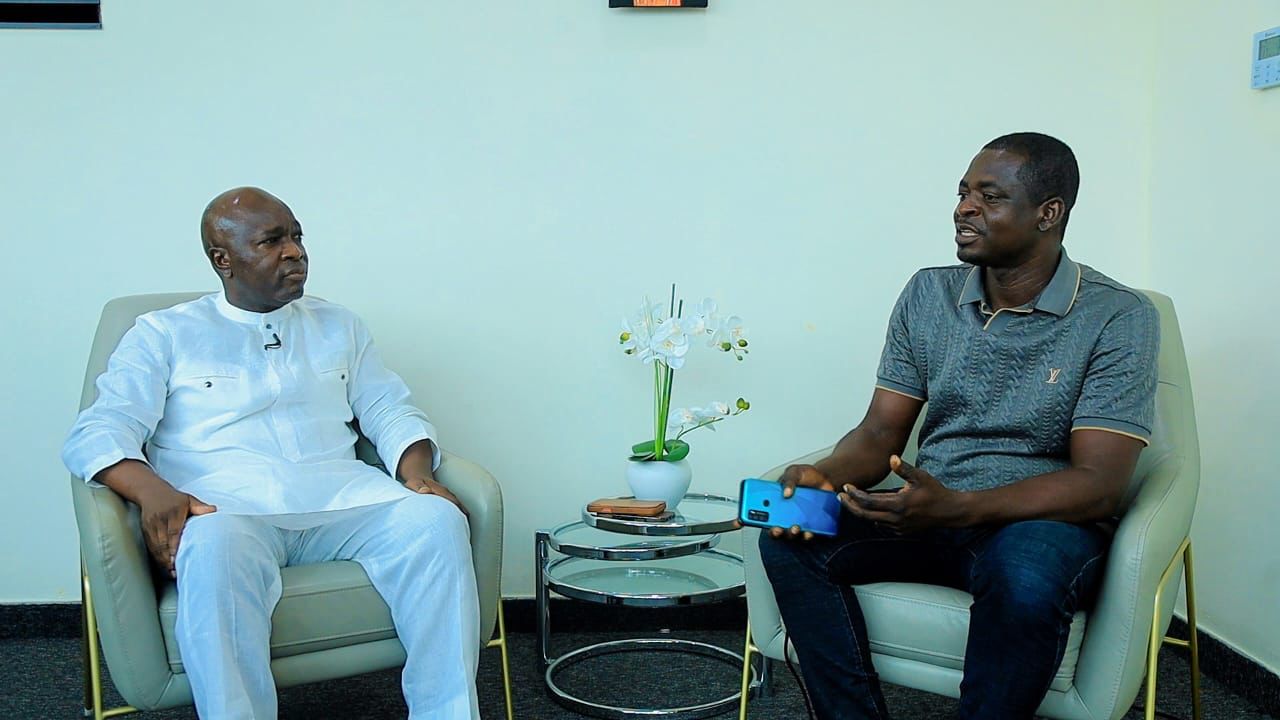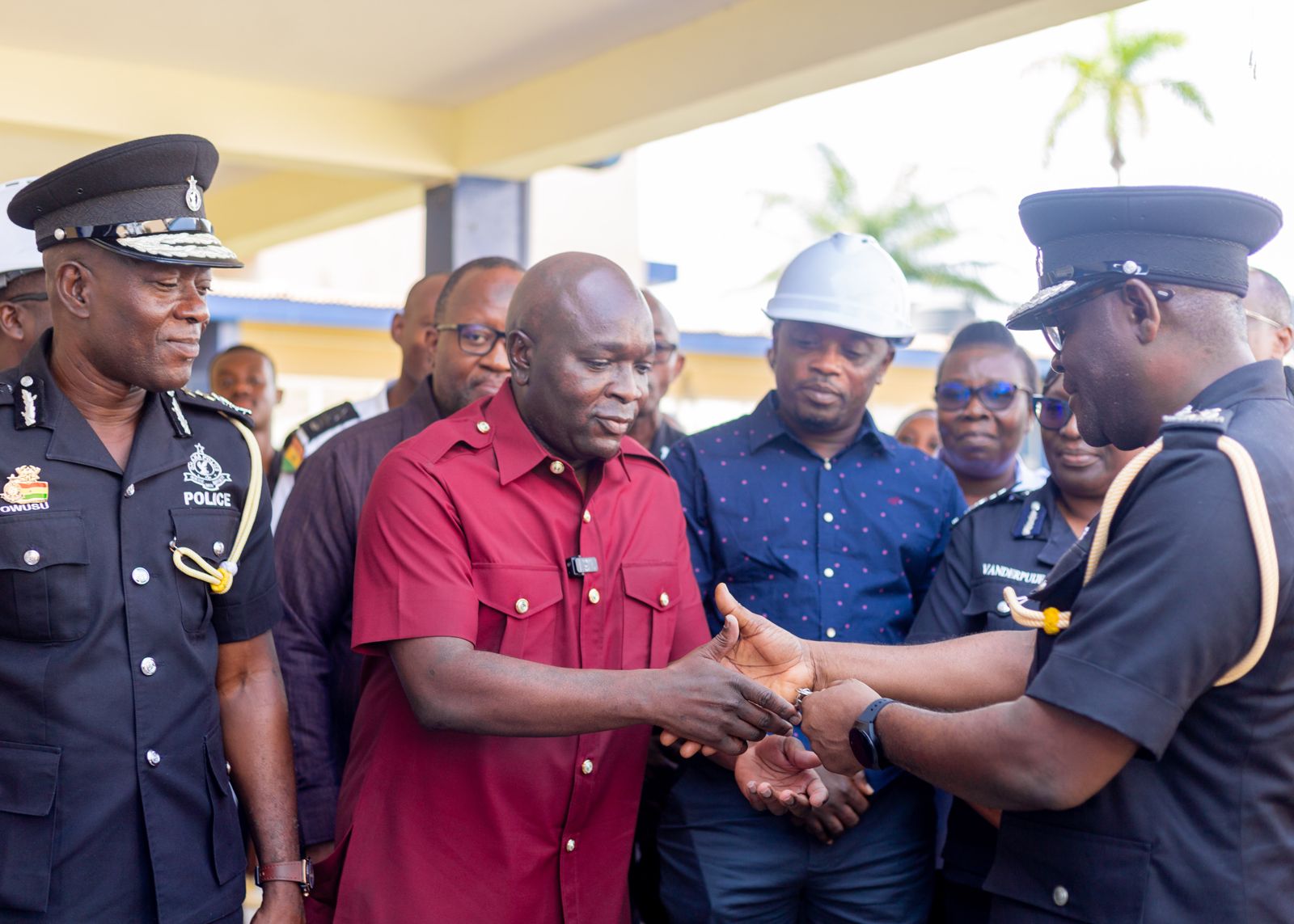Thousands of Ghanaian nurses, teachers, and junior doctors have gone without pay for up to 10 months, a crisis the current government attributes to last-minute hiring by the previous administration without the necessary budgetary backing.
Employment and Labour Relations Minister Abdul-Rashid Pelpuo said Wednesday that the country’s strained fiscal position has been exacerbated by what he described as “reckless” recruitment practices under former President Nana Akufo-Addo’s government. Speaking on the Citi Breakfast Show, Dr. Pelpuo said more than 12,000 individuals were added to the public payroll after the ruling New Patriotic Party lost the December 2024 elections—without clearance or financial provision to support their employment.
“People were engaged to work without due process,” Pelpuo said. “There was no money in the account, no approval, and yet they were hired.”
The wage backlog has triggered street protests by healthcare and education workers, with the Junior Doctors’ Association threatening to withdraw services if salary arrears are not resolved promptly. The outcry highlights the mounting pressure on the administration of President John Mahama, which inherited a three-month interim budget that, according to Pelpuo, made no allocation for the newly hired workers.
“Where did they think the money would have come from?” he asked, referring to the outgoing Akufo-Addo government’s post-election hirings. “The fiscal basket was already constrained and did not include any effort to pay these people.”
Though Pelpuo acknowledged the dire situation was “unfair,” he maintained that the current administration is treating the matter with urgency. “We are taking it up very seriously, and I can assure the affected workers that we will respond before the end of the year.”
Ghana, once one of Africa’s fastest-growing economies, has faced a series of economic shocks in recent years, including high inflation, rising debt, and pressure from international lenders to rein in spending.



